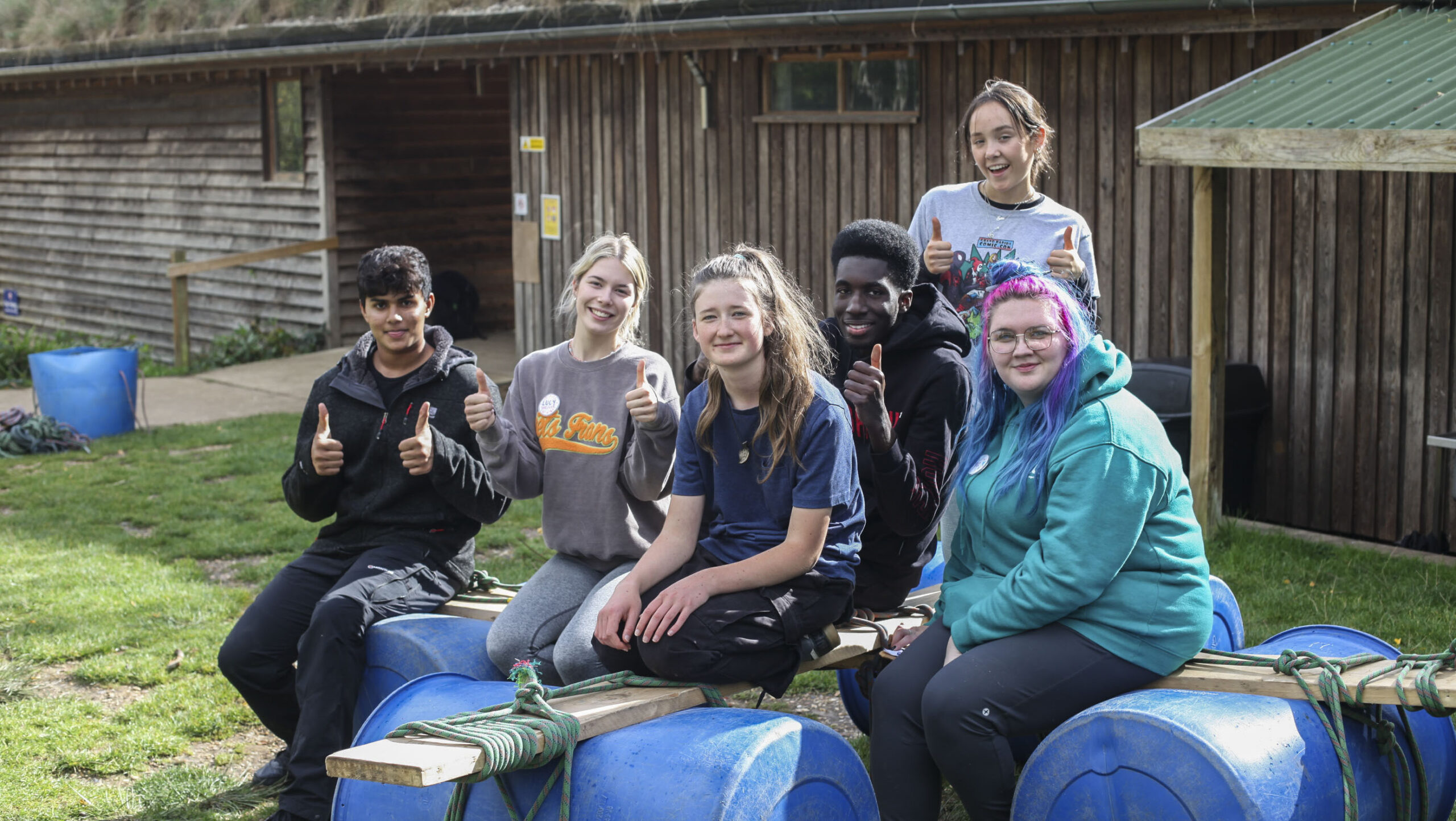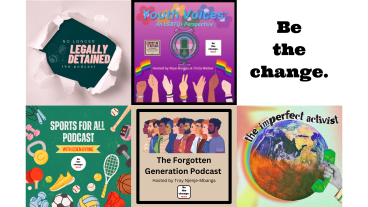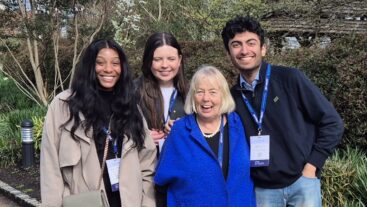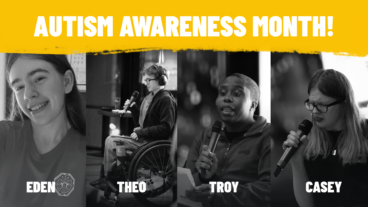6 June 2023

By Anastasia Christoforou, Research & Learning Manager at UK Youth
Research suggests that youth social action has a positive impact on young people, local communities, as well as the wider public (#iwill Fund Learning Hub, 2023). When young people take part in high quality social action, everyone benefits:
- Organisations benefit from young people’s energy, ideas and capacity to create positive change. They gain a different perspective that can shift their way of thinking and open up new ways of working.
- Communities benefit when young people feel valued, engaged and involved. It can create a greater sense of community and boost social cohesion and integration.
- Young people develop their character and confidence. They experience higher levels of wellbeing that can help improve their mental resilience. They also develop vital skills and networks that can support future employment.
With this knowledge, and always with an evidence-based approach, at the #iwill Movement we support young people to engage in social action and inspire positive change. We continuously evaluate our work and impact, and as part of this, we commissioned NFP Research, to evaluate people’s perceptions of young people and of their youth social action. Our research included a nationally representative sample of 1,084 people (aged 16+ years old) from across the UK, 52% women and 48% men. Here we share with you some of the key findings and what this means for our work.
Increasing visibility
Primarily the research shows that there is a clear link between awareness of youth social action taking place in communities and more positive perceptions of young people across the board.
The top 5 words associated with young people, when someone is aware of youth social action, are:
- Ambitious
- Progressive
- Sensitive
- Innovative
- Hardworking
For those who are not aware of social action, the top 5 words are:
- Naïve
- Lazy
- Rude
- Selfish
- Arrogant
If a member of the public is aware of youth social action taking place in their community, they are also more likely to:
- Trust young people
- Believe that they are helping make the word a better place
- Feel confident in young people being in leadership roles
This demonstrates the importance of the work of the #iwill Movement in showcasing youth social action. Increasing its visibility is key to tackling stereotypes and fostering better community relations. Our work around the Power of Youth Day and #iwill Week are central to changing this narrative.
Public perceptions
We did find that generally most people believe that young people want to make the world a better place (58% agreed and only 15% disagreed). However, there is a general perception that young people should be doing more in their own community. When we asked if young people contribute in their own community, we found that 33% agreed, 36% disagreed, and 31% are unsure. Importantly, we found the older a respondent, the less likely they were to see young people helping to make their community better.
This shows the importance of two key things for the Movement. One is to do more to communicate to older members of communities about the real impact that youth social action is making. Engaging them more in our work has to be central to our work in the coming year.
This research also shows that our place-based work is more important than ever. We need to demonstrate the link between youth social action and improvements being made in local communities. As the #iwill Movement, comprised of hundreds of organisations and young people across the UK, we are already doing great work together. But more needs to be done at a local level to enable place-based youth social action to shape change in local systems.
The Movement is currently informed and inspired by the place-based work being led by Young Manchester, Ipswich Social Mobility Alliance and by working with nation partners Volunteer Now in Northern Ireland, Youth Link Scotland and WVCA in Wales. We are working together to deepen the understanding of the transformational impact of youth social action in towns, cities and communities across the UK.
Leadership
Next up, crucially we found that the majority of respondents feel that young people’s views should be accounted for in local decision making. However, fewer are positive about young people taking on decision making roles.
- 71% agreed (with only 5% disagreeing) that politicians should take on board the views of young people
- 69% agreed (with only 10% of people disagreeing) that more needs to be done to include young people in community decisions
- 51% feel comfortable seeing a young person in a position that holds decision making power (18% disagreed) 40% already feel trust in young people to make decisions that may affect them. Whilst the percentage of those who don’t is relatively small (26%), one third of the public are unsure
The results show that local authorities, community groups and organisations need to do more to make decision making forums more accessible to young people. Whilst trust is a little lower, it represents that more needs to be done to highlight those young people making decisions and the positive impact those decisions are making.
In summary
There is still a lot of work to be done to tackle misconceptions of young people and bridge the gap between generations. Youth social action is a great way to do this. Our research shows that too many people do not see the amount of social action taking place in their own communities. At the same time, when people see it, their perception of young people and desire to share power with them in decision making improves significantly.
This Power of Youth Day (6 June) take the opportunity to share how young people are involved in shaping and leading in your organisation and community. And think of ways to make decision making spaces even more accessible. The more young people that are empowered to shape and lead change, the better our communities will become.





